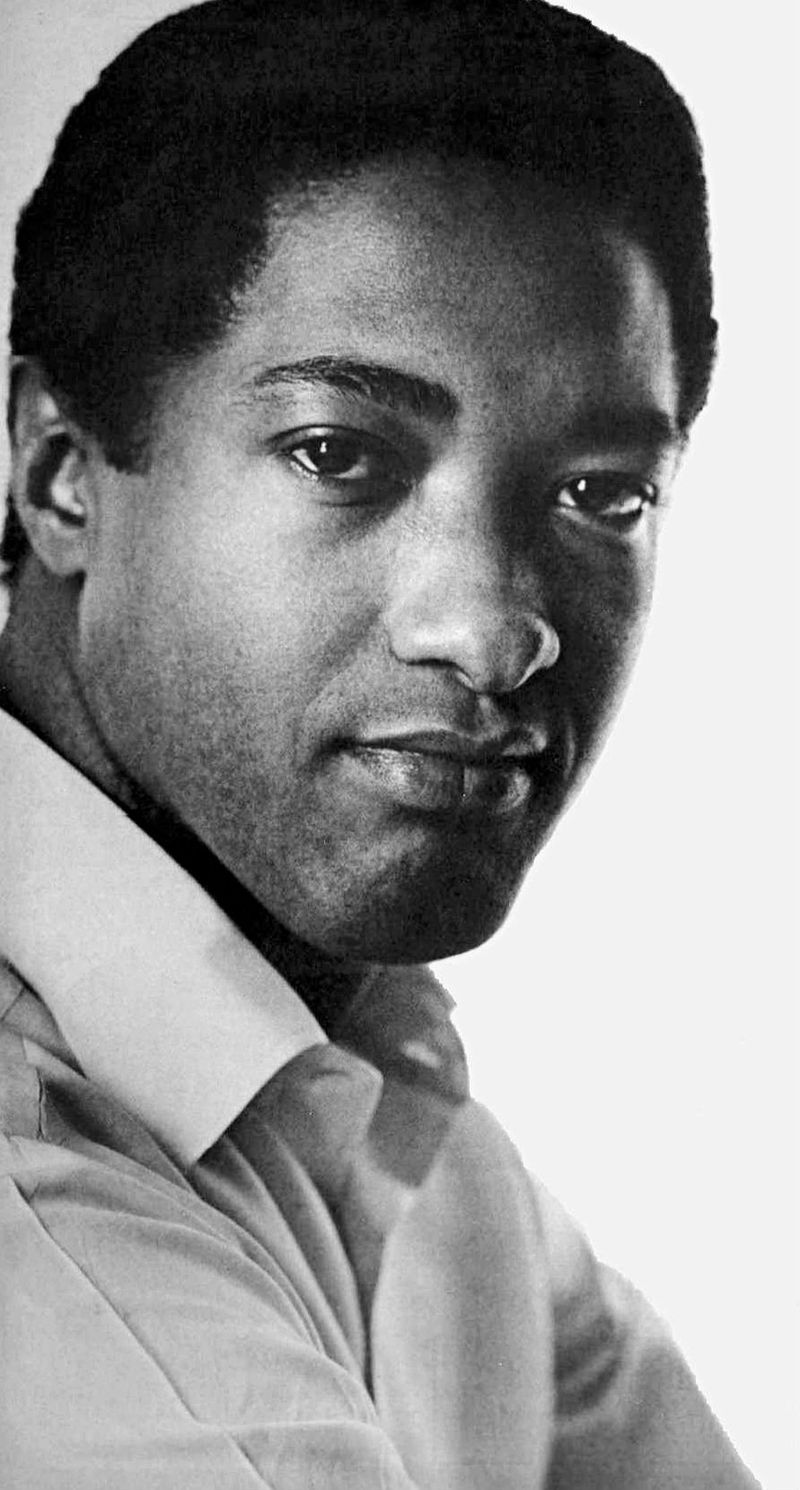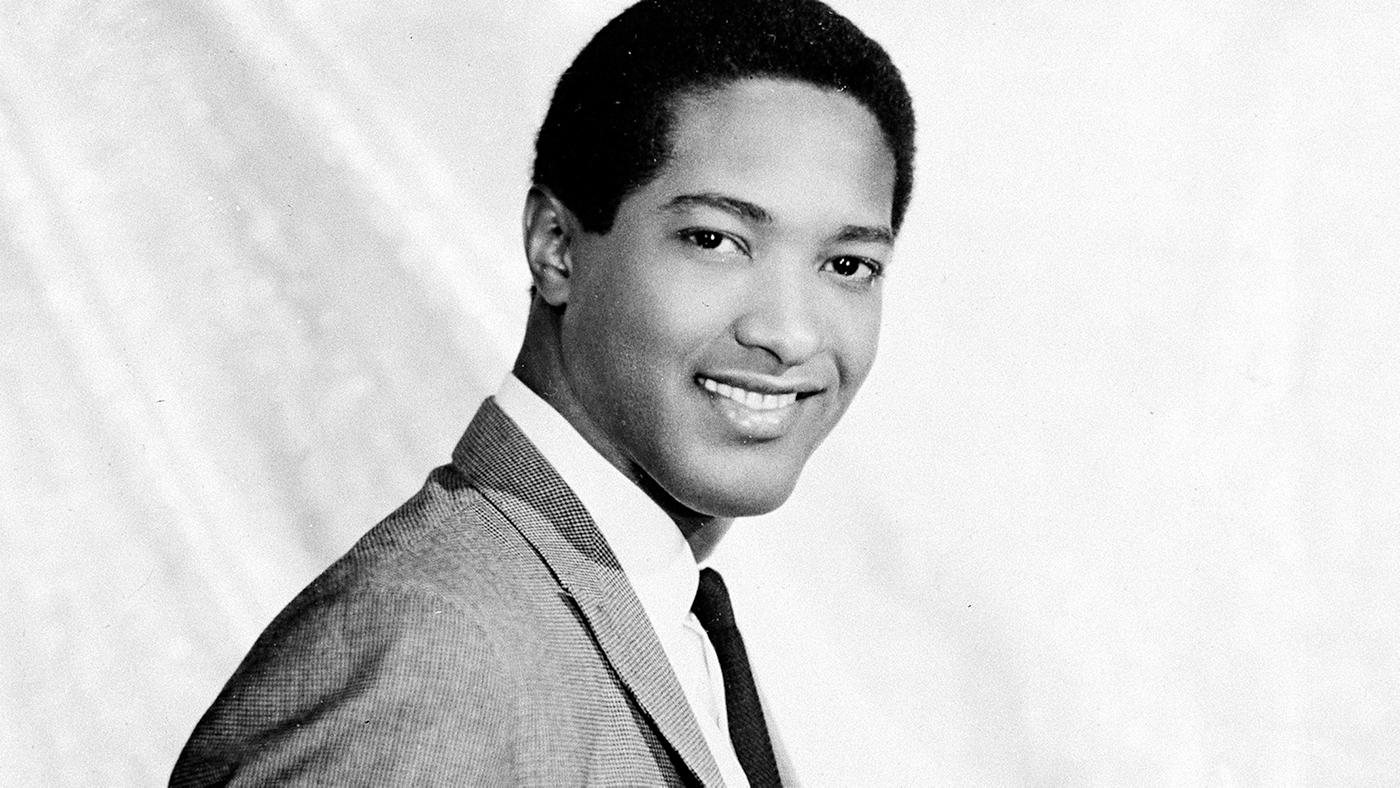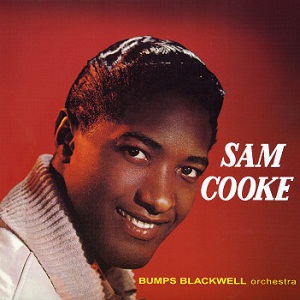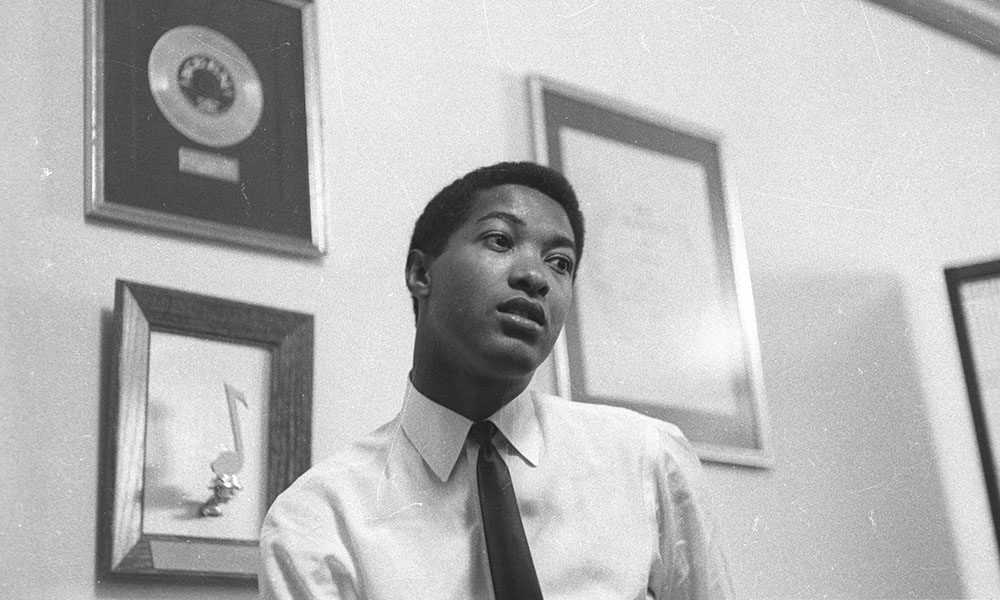Sam Cooke
Sam Cooke

Sam Cooke, born on January 22, 1931, was an influential American singer and songwriter, renowned as the "King of Soul." His distinctive vocals and pioneering contributions made him a key figure in soul music. During his eight-year career, Cooke achieved chart success with 29 singles in the Top 40 of the Billboard Pop Singles chart and 20 singles in the Top Ten of Billboard's Black Singles chart. Tragically, in 1964, he was shot and killed in a Los Angeles motel, with the circumstances of his death remaining a subject of ongoing scrutiny. Cooke's impact on R&B earned him a spot on Billboard's 2015 list of the 35 greatest R&B artists of all time.
Sam Cooke, originally Samuel Cook, was born in Clarksdale, Mississippi, in 1931. He later altered the spelling of his last name to "Cooke" in 1957, symbolizing a fresh start. Raised in a Baptist family, he was the fifth of eight children of Rev. Charles Cook and Annie Mae Carroll. The family relocated to Chicago in 1933, where Cooke attended Doolittle Elementary and Wendell Phillips Academy High School. His musical journey began early, singing in his father's church choir and forming the group the Singing Children with his siblings at the age of six. Cooke's teenage years saw him as the lead singer of the Highway Q.C.'s, and he forged a lasting friendship with fellow gospel singer Lou Rawls during this time.
In 1950, Sam Cooke assumed the role of lead singer for the gospel group The Soul Stirrers, succeeding R. H. Harris. The group, signed to Specialty Records, released their first recording with Cooke, "Jesus Gave Me Water." Cooke's tenure with The Soul Stirrers featured notable gospel hits such as "Peace in the Valley," "How Far Am I from Canaan?," "Jesus Paid the Debt," and "One More River," some of which he penned. His charismatic stage presence and vocal talent were credited for attracting a younger audience, particularly enthusiastic female fans who would flock to the stage when The Soul Stirrers performed. Cooke played a pivotal role in introducing gospel music to a new generation of listeners.
Sam Cooke enjoyed considerable success with 30 U.S. top 40 hits from 1957 to 1964, and three more were released posthumously. Iconic songs like "You Send Me," "A Change Is Gonna Come," "Cupid," "Chain Gang," "Wonderful World," "Another Saturday Night," and "Twistin' the Night Away" contributed to his widespread popularity. "Twistin' the Night Away" stands out as one of his bestselling albums. Beyond his musical talents, Cooke demonstrated business acumen by founding a record label and publishing company, showcasing his commitment to the business side of his career. Additionally, he actively participated in the Civil Rights Movement, reflecting his broader societal engagement.
Sam Cooke's initial venture into pop/soul began with "Lovable" (1956), a remake of the gospel song "Wonderful," released under the alias "Dale Cook" to avoid alienating his gospel fan base. Although the pseudonym couldn't conceal Cooke's distinctive vocals, it reflected the stigma against gospel singers performing secular music. Cooke's unique sound didn't align with Art Rupe's expectations at Specialty Records, leading to his departure from the label after an argument. "Lovable" hinted at Cooke's future potential, and he embraced the endorsement from an unlikely source—his pastor father—who emphasized the importance of using his musical talent to bring happiness to people. Transitioning to pop, he adopted the name "Sam Cooke" for a fresh start.
In 1957, Sam Cooke made a notable appearance on ABC's The Guy Mitchell Show and signed with Keen Records. His breakthrough hit, "You Send Me," initially released as the B-side of "Summertime," dominated the Billboard R&B chart for six weeks and the pop chart for three weeks, propelling him to newfound success and a significant increase in earnings. In 1958, Cooke performed at the renowned Cavalcade of Jazz concert alongside other headliners like Little Willie John, Ray Charles, and Sammy Davis Jr., marking a pivotal moment in his burgeoning career.
In January 1960, Sam Cooke joined RCA Victor with a lucrative $100,000 deal. His early hits on the label, including "Chain Gang," "Cupid," and "Twistin' the Night Away," propelled him to chart success. The songs showcased his versatility and left an indelible mark on the music landscape, solidifying his status as a prominent artist of the era.
In 1961, Sam Cooke ventured into entrepreneurship, founding SAR Records alongside J. W. Alexander and manager Roy Crain. The label featured artists like the Simms Twins, the Valentinos (including Bobby Womack and his brothers), Mel Carter, and Johnnie Taylor. Cooke expanded his business footprint with the establishment of Kags, a publishing imprint and management firm. This move showcased Cooke's multifaceted role in shaping the careers of emerging talents in the music industry.
Sam Cooke's impact on the music scene was profound, with 29 top 40 hits on the pop charts and numerous successes on the R&B charts. As a prolific songwriter, he contributed to most of his recorded songs and played a role in overseeing arrangements. Despite focusing on singles, Cooke displayed versatility, releasing the well-received blues-infused album "Night Beat" in 1963. His 1964 studio album, "Ain't That Good News," received critical acclaim and featured five hit singles. In a strategic move, Cooke enlisted Allen Klein to manage Kags Music and SAR Records in 1963, entering into a five-year deal with RCA Victor. The deal, orchestrated through the holding company Tracey, Ltd, marked Cooke's business acumen in the music industry.
Sam Cooke's impact as a vocalist is enduring, marked by his extraordinary pure tenor voice characterized by its velvety expansiveness and instantly recognizable tone. His remarkable pitch, capable of reaching high C without losing clarity or volume, and a unique rasp in the upper mid-range created a captivating auditory experience. Cooke's versatile vocal style seamlessly adapted to various genres, from classical sounds in jazz and pop to his trademark soulful resonance in R&B, gospel, and soul music.
His delivery conveyed a spectrum of emotions, from playful expressiveness to mellow somberness and profound soulfulness, as exemplified in "A Change Is Gonna Come." In live performances, Cooke's experimentation with notes, scales, melodies, and improvisations showcased his dynamic approach. His influential vocal techniques left an indelible mark, inspiring artists like Otis Redding, James Brown, Rod Stewart, Johnny Nash, Tina Turner, Wilson Pickett, Mick Jagger, Al Green, Paul McCartney, Diana Ross, Marvin Gaye, Steve Perry, and Stevie Wonder, among many others.
Sam Cooke met a tragic end on December 11, 1964, at the Hacienda Motel in South Central Los Angeles. Responding to reports of a shooting and kidnapping, the police found Cooke's lifeless body. He had suffered a gunshot wound to the chest, piercing his heart. The motel's manager, Bertha Franklin, claimed to have shot Cooke in self-defense, alleging that he forcibly entered her office and demanded the whereabouts of a woman named Elisa Boyer. According to Franklin, after a struggle, she retrieved a gun and fired at Cooke out of fear for her life. The coroner's inquest investigated the incident, but details remained disputed. Cooke's untimely death has since sparked speculation and controversy.
Elisa Boyer told the police her side of the events that transpired on the night of December 11, 1964. According to Boyer, after leaving a nightclub with Sam Cooke, she repeatedly asked him to take her home. She claimed that, instead, Cooke drove her against her will to the Hacienda Motel, where he forced her into a room. Boyer asserted that Cooke physically assaulted her, attempting to strip her down and molesting her. Fearing for her safety, she managed to escape, taking some of Cooke's clothing by mistake, and sought help from the motel manager. However, the details of Boyer's account have been subject to questioning due to inconsistencies and discrepancies with other reports, including those from witnesses at Martoni's Restaurant, where Cooke was earlier in the evening. The events of that night remain clouded in uncertainty and controversy.
The official verdict on Sam Cooke's death was justifiable homicide, accepted by the coroner's jury based on the testimonies of Bertha Franklin and Elisa Boyer, along with passed polygraph tests. However, some of Cooke's family and supporters dispute these accounts, suggesting a conspiracy to murder him. Etta James, after viewing Cooke's body, raised questions about the official version, describing severe injuries beyond the reported struggle with Franklin. Speculation regarding Cooke's manager, Allen Klein, has arisen, given his ownership of Tracey Ltd, which controlled Cooke's recordings. Despite suspicions, concrete evidence supporting a criminal conspiracy remains elusive.
Sam Cooke's first funeral service took place at A. R. Leak Funeral Home in Chicago on December 18, 1964, drawing an immense crowd of 200,000 fans. His body was then flown to Los Angeles for a second service at Mount Sinai Baptist Church on December 19, featuring a notable performance by Ray Charles. Cooke was laid to rest at Forest Lawn Memorial Park Cemetery in Glendale, California. Posthumously, two singles, including "Shake" and the iconic "A Change Is Gonna Come," along with an album titled "Shake," were released in the month following his death. "Shake" became a top-ten hit on both pop and R&B charts. Despite being cleared by the coroner's jury, Bertha Franklin faced death threats and sued Cooke's estate, eventually winning $30,000 in damages. The Hacienda Motel's business reputation suffered, leading to its eventual sale and demolition.
Sam Cooke's profound contributions to soul music played a pivotal role in shaping the careers of artists like Aretha Franklin, Bobby Womack, Al Green, Curtis Mayfield, Stevie Wonder, Marvin Gaye, and Billy Preston. Additionally, he helped popularize the works of Otis Redding and James Brown. Bruce Eder, a biographer for AllMusic, described Cooke as "the inventor of soul music," acknowledging his unmatched natural singing voice and a smooth, effortless delivery that remains unparalleled.
References
- Eagle, Bob; LeBlanc, Eric S. (2013). Blues – A Regional Experience. Santa Barbara: Praeger Publishers. p. 199. ISBN 978-0-313-34423-7.
- ^ Cooke's death certificate gives his year of birth as 1932 while his gravestone gives his year of birth as 1930. However, the Social Security Death Master File (number 329-26-4823) indicates 1931.
- ^ "Report – HPLA".^ Jump up to:
- a b "Jesus Gave Me Water". Songsofsamcooke.com. March 1, 1951. Archived from the original on February 16, 2013. Retrieved February 13, 2013.^ Jump up to:
- a b David Ritz. "Sam Cooke". Encyclopædia Britannica. Retrieved September 28, 2008.
- ^ Cooke's death certificate gives 1932 as his year of birth while his gravestone gives 1930 as his year of birth. Copy of death certificate available midway through scrolling down. However, the Social Security Death Master File (number 329-26-4823) indicates 1931.
- ^ Janovitz, Bill. "Cupid – Sam Cooke". AllMusic. Retrieved September 5, 2014.







































